Asif Ali Zardari, the Co-Chairman of the Pakistan People's Party (PPP), has been elected to serve as the President of Pakistan for the second time, following the announcement of the results by the Election Commission (ECP) on Saturday night. The culmination of an extensive electoral process saw Zardari emerge victorious after polling conducted in both houses of the national parliament and across various provincial assemblies.
The results revealed that Zardari, representing the coalition government, garnered a total of 411 votes, securing a comfortable victory over his rival candidate Mahmud Khan Achakzai, who was backed by Imran Khan's Pakistan Tehreek-e-Insaf (PTI) party, and managed to secure 181 votes. This electoral outcome signifies a reaffirmation of support for Zardari's leadership within the political landscape of Pakistan.
Unofficial tallies indicate that Zardari amassed 255 votes from the National Assembly and Senate combined, with an additional 156 votes from the provincial assemblies of Punjab, Sindh, Khyber Pakhtunkhwa, and Balochistan. In contrast, Achakzai received 119 votes from the National Assembly and Senate, with 62 votes from the provincial assemblies.
Zardari's return to the presidency marks a significant milestone in his political career, as he previously held the position from 2008 to 2013. During his previous tenure, Pakistan witnessed notable events, including the operation that led to the killing of Al Qaeda leader Osama bin Laden in 2011, which occurred amidst global scrutiny and geopolitical ramifications.
The re-election of Zardari reflects the confidence placed in his leadership by the electorate and underscores the political stability sought by the Pakistani populace amidst ongoing domestic and regional challenges. As Zardari prepares to embark on his second term, he faces the daunting task of addressing a myriad of socio-economic and geopolitical issues facing Pakistan while navigating the complexities of domestic and international politics.
In the aftermath of his electoral victory, Zardari's administration is expected to focus on fostering national unity, promoting economic growth, and advancing diplomatic relations with key international partners. Additionally, the new presidential term presents an opportunity for Zardari to implement progressive reforms aimed at bolstering democratic institutions and upholding the rule of law in Pakistan.
As Pakistan embarks on a new chapter under Zardari's leadership, the nation eagerly anticipates the realization of his vision for a prosperous and inclusive future, characterized by peace, stability, and progress for all citizens.



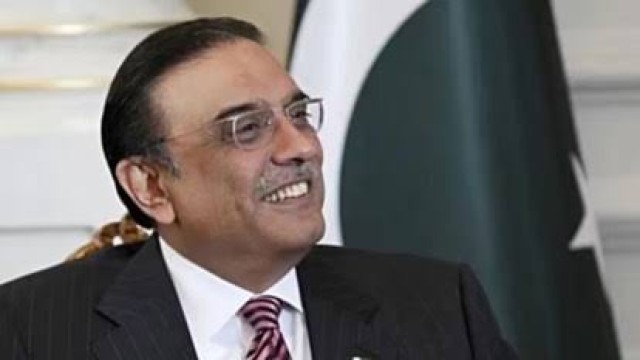


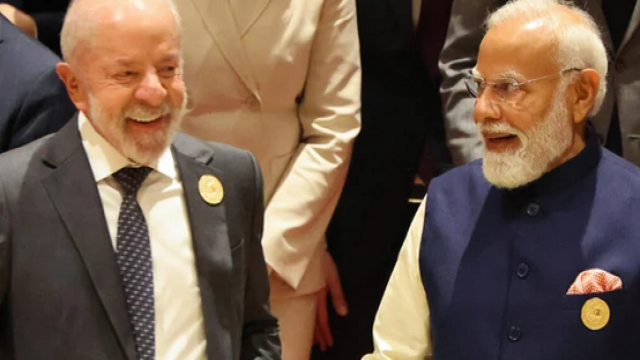

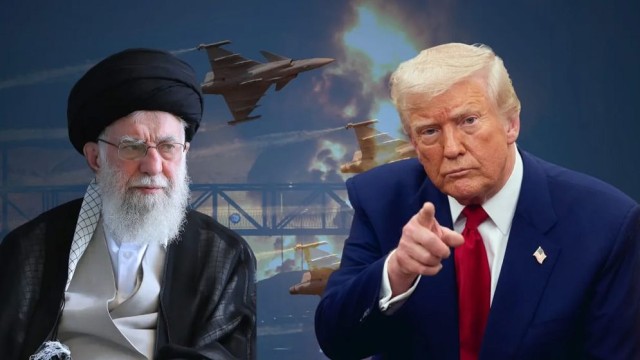



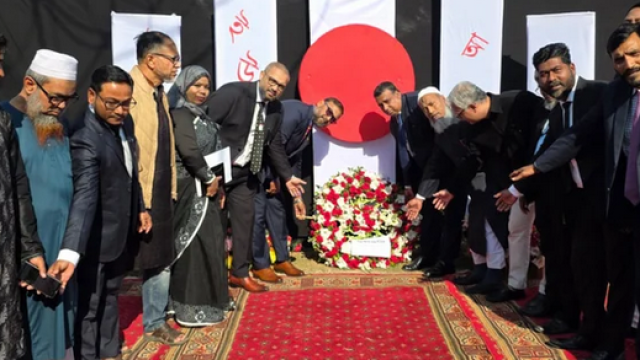
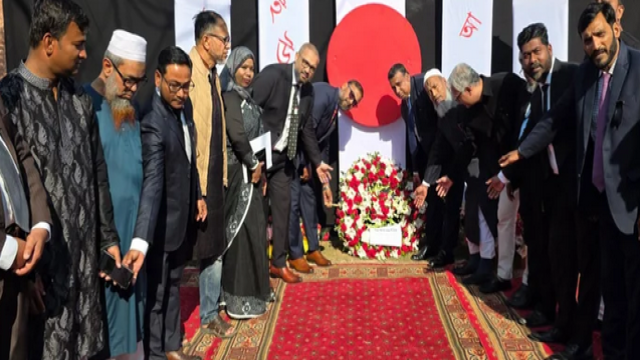



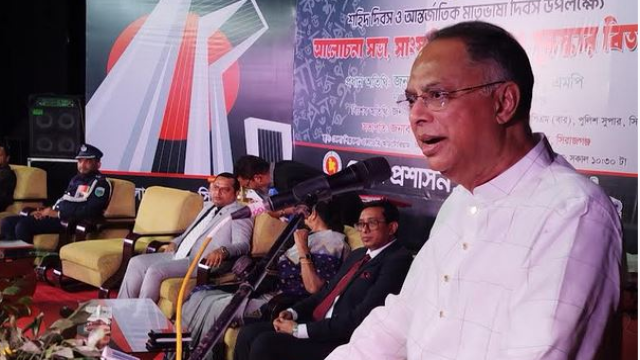
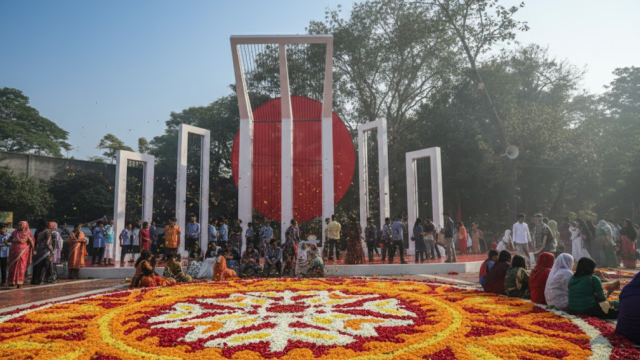
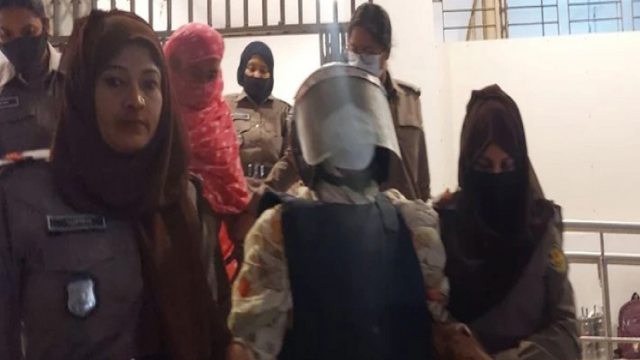









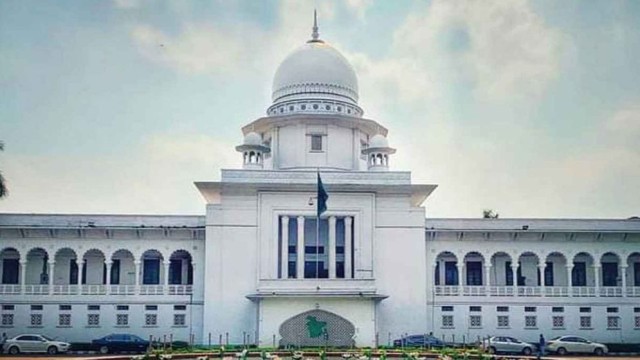

Comment: